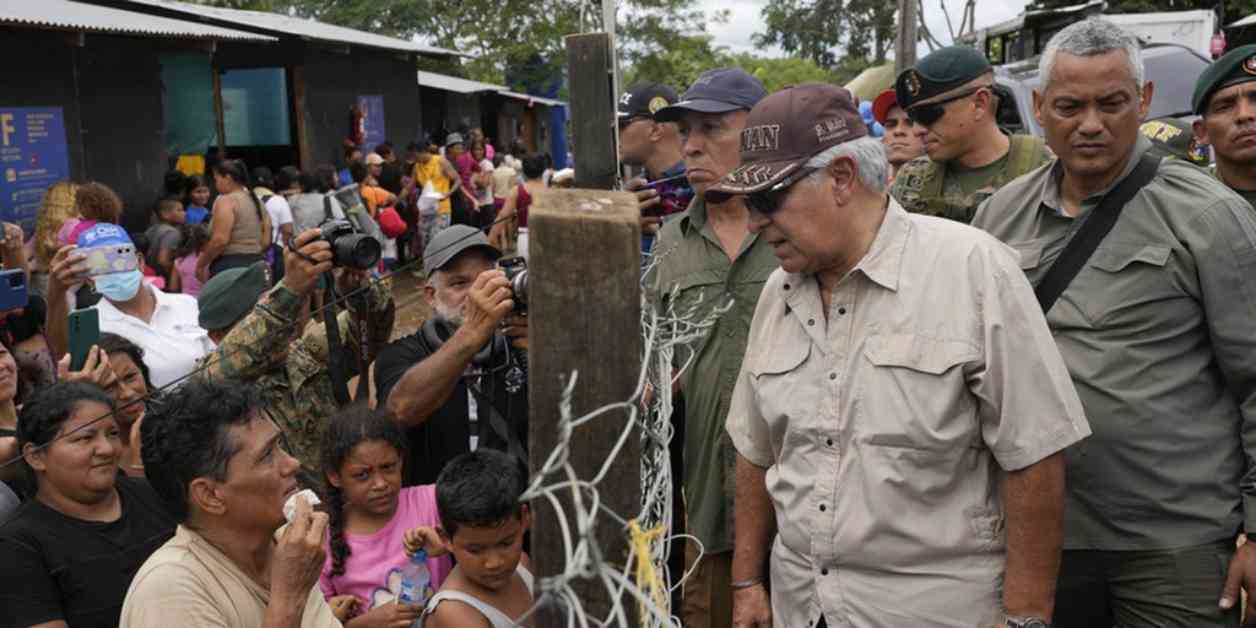Panama’s President, Jose Raul Mulino, recently addressed the migrant crisis in the Western Hemisphere, stating that it is primarily a problem for the United States. He mentioned that deportation flights, which are partially funded by the U.S., are voluntary for migrants. Mulino emphasized that people passing through Panama are ultimately aiming to reach the United States, making it a transit country for many migrants moving north through the Darien Gap.
The United States has collaborated with Panama and Colombia to manage the flow of migrants, with a recent campaign aimed at addressing the humanitarian crisis and establishing lawful pathways for migration. Despite these efforts, over half a million migrants passed through Panama last year, prompting Mulino to focus on making Panama less attractive as a destination and increasing deportations.
To assist Panama in deporting migrants, the U.S. signed a memorandum of understanding to fund deportation flights and provide other forms of assistance. However, Mulino clarified that only migrants willing to return to their home countries will be deported, as forcible repatriation is not an option.
The Biden administration has been working on reducing border crossings through foreign relations and cooperation. While Republicans criticize the administration for policies that allegedly incentivize migration, the administration has pointed to decreased encounters and releases since implementing new measures. The number of individuals removed and returned to their home countries has also increased significantly.
Mulino expressed hope that upcoming Venezuelan elections could contribute to reducing the number of migrants passing through Panama, as many Venezuelans are currently migrating through the region. He emphasized the importance of respecting the popular will in Venezuela, regardless of the election outcome, to address the migration issue effectively.
In conclusion, President Mulino’s remarks shed light on the complexities of the migrant crisis in the Western Hemisphere and the collaborative efforts between countries to manage the situation. The focus remains on creating lawful pathways for migration, reducing incentives for irregular crossings, and addressing the root causes of migration to ensure a more sustainable approach in the long run.





















